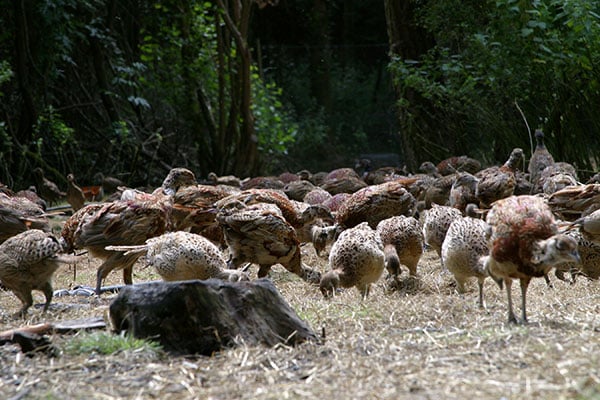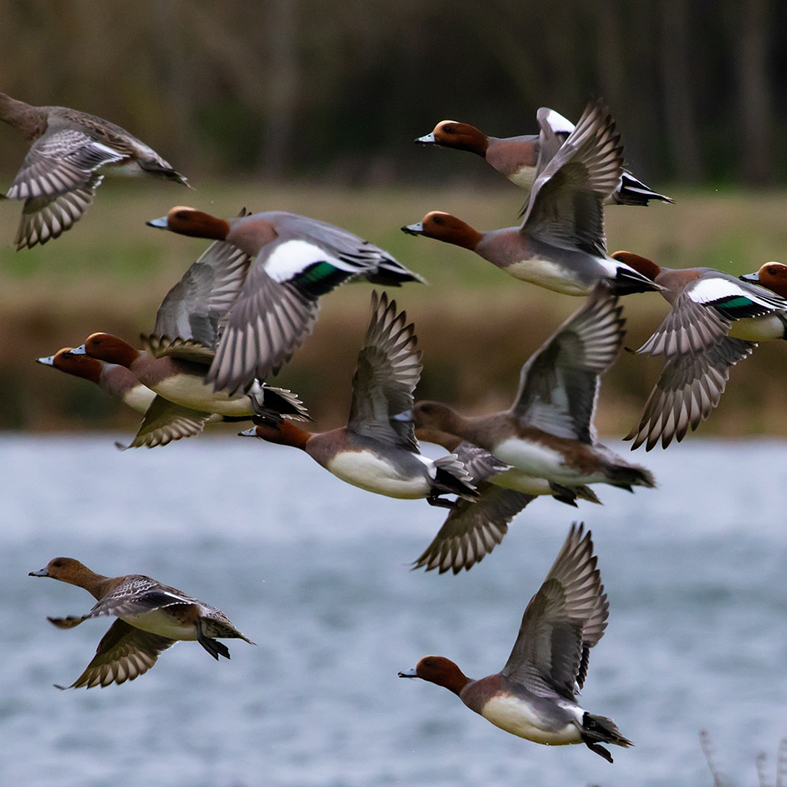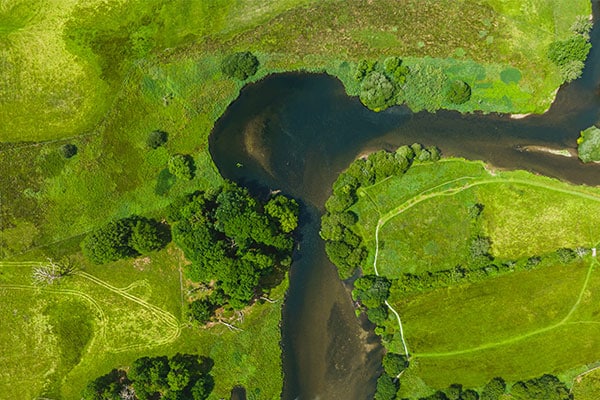
Understanding gamebird dispersal and survival following release
This work will provide a better insight into where reared birds go after their release and could help keepers better manage their birds.
Get information on the legal shooting season for mammals and birds in the UK.
Apply for funding for your project or make a donation today
Comprehensive information and advice from our specialist firearms team.
Everything you need to know about shotgun, rifle and airgun ammunition.
Find our up-to-date information, advice and links to government resources.
Everything you need to know on firearms law and licensing.
All the latest news and advice on general licences and how they affect you.


Home » Science and research » Rapid Evidence Assessment on threats and pressures on UK wintering waterfowl and waders at breeding sites and UK relevant flyways
Many waterfowl species we harvest winter in UK but spend much of the year abroad, which limits the effectiveness of some conservation and management actions. This study identified key drivers of population declines and ways to support their recovery and monitoring in the UK.
Key drivers of decline include predation, habitat quality, pollution, and climate-induced range shifts, which affect migration and breeding success. The review also noted significant knowledge gaps, such as insufficient data on species populations, migration routes, and breeding ecology. Limited understanding of resident and migrant population dynamics makes targeted conservation efforts difficult. Effective conservation should focus on habitat creation, predator control, and site-specific management.
This information will guide BASC-supported research and guidance on improving population data, breeding ecology, habitat management, and disease monitoring. This could lead to developing sustainable harvest models as more data becomes available. Additionally, changes to hunting practices, such as adjusting harvest sizes or timing, may be necessary to reduce pressure on vulnerable species and support their recovery.
This study was completed by J.Madden (University of Exeter), T. Cameron (University of Essex) and C.Holt (Adonis Blue Environmental Consultants). For more information on this internal report, contact evidence@basc.org.uk

This work will provide a better insight into where reared birds go after their release and could help keepers better manage their birds.

BASC published its inaugural natural capital report in March 2024 to establish the value of benefits generated by UK shooting.

Read about our evidence review of gull predation on ground-nesting birds which set out to identify areas requiring further research.